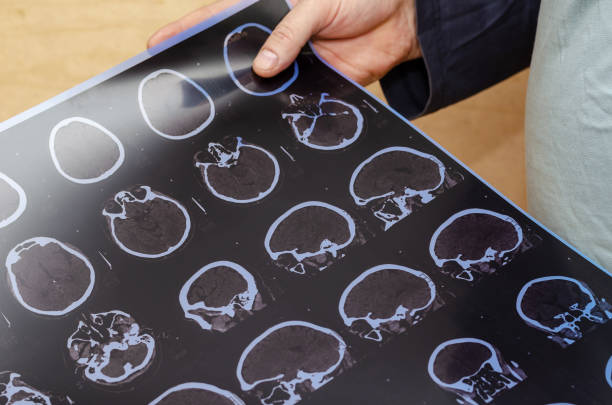Do You Know the Warning Signs of a Serious Brain Injury?

Your car crash happened in the blink of an eye. One moment, you were on your way to work or to take your kids to a playdate, and the next moment, you were trying to see if you or anyone else in the vehicle wound up with serious injuries.
Checking one another for signs of broken bones and spinal cord injuries is common after a crash. Fewer people understand the importance of screening themselves and their loved ones for the signs of a serious brain injury. How do you identify a potential traumatic brain injury after a major motor vehicle crash?
Check for Dizziness, Problems Staying Awake and Loss of Consciousness
After someone suffers either violent shaking motions or a blunt force trauma to their head, bruising and swelling inside the skull could result. Some of the most well-known and easily identifiable symptoms of a concussion or potential traumatic brain injury include dizziness or difficulty maintaining one’s balance, as well as difficulty staying awake or a loss of consciousness.
Someone who passes out even for a few seconds after a crash may have suffered a head injury that requires medical evaluation. Someone who notices changes in sleep patterns in the days after a crash, including difficulty staying awake, should also seek medical evaluation.
Watch for Changes in Behavior or Mood
Your brain manages everything you think and feel, so it makes sense that brain injuries would change how people behave. Some people experience confusion as a result of a brain injury, while others have changes in mood or personality, like increased agitation and an inability to relax.
Some of the Symptoms Will Directly Affect Your Head Itself
One of the warning signs of a brain injury is the uneven dilation of the pupils. If one pupil is noticeably larger or smaller than the other, that could be a warning sign of a brain injury. Ongoing headaches that get worse or simply won’t stop are another warning sign, as is slurred speech, ringing ears blurry vision and other sensory symptoms.
If you or a loved one display any symptoms that could stem from a brain injury, getting medical care soon will not only improve that person’s prognosis and increase their treatment options, but it may also make it easier for you to get the compensation you need from the other driver’s insurance company for the medical care required to treat that injury.



